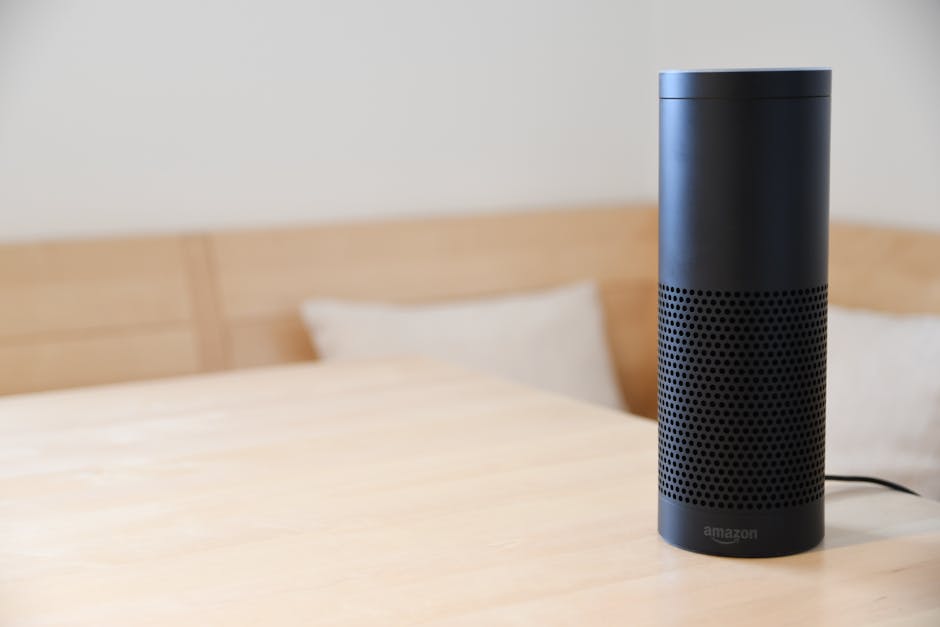 If you rank the major voice assistants in terms of their ability to answer random questions or navigating to a particular destination, you’ll probably pick Google Assistant. But Voice Assistants have many other capabilities. In fact, Google Assistant shocked the world by booking a haircut appointment without giving away its non-sentient nature. However, that capability is still largely a concept. But in terms of third-party applications, Google is nowhere near its competitor, Amazon’s Alexa.
If you rank the major voice assistants in terms of their ability to answer random questions or navigating to a particular destination, you’ll probably pick Google Assistant. But Voice Assistants have many other capabilities. In fact, Google Assistant shocked the world by booking a haircut appointment without giving away its non-sentient nature. However, that capability is still largely a concept. But in terms of third-party applications, Google is nowhere near its competitor, Amazon’s Alexa.
Surveys of global voice industry professionals taken in 2019 and 2020 showed Alexa as being far ahead of the competition. Its Voice Platform Impact Rating of 110.2, is ahead of Google Assistant’s 97.3. Trailing far behind is Apple’s Siri, with a paltry 38.3. And well behind Siri, is Samsung’s Bixby, with a 25.5. Microsoft’s Cortana, the only other big player in the space, scored a miserable -1.5.
Why is this? Why is Amazon so far ahead of the competition that it leaves all others in the dust?
Amazon Got There First
Google released its first smart speaker, the Google Home (now called the Google Nest) in 2016. Apple released its HomePod speaker in 2018. However, Amazon released its first Echo smart speaker with the Amazon Alexa voice assistant in 2014. Hence, it got there first and cornered the market by making Voice Assistants popular.
Today, its market share may be smaller than it once was, but its absolute sales of Smart Speakers continue to grow. The Company shipped 15.8 million smart speakers in Q4 2019. And it still leads the world’s market of smart speakers with 26.2%of the share. However, the reason that its success has been so overwhelming goes beyond the number of smart speakers sold.
Amazon was trying to expand its ecosystem with the Amazon Echo smart speaker. However, unlike Google or Apple, its ecosystem wasn’t only based on interacting with other devices. Amazon is a marketplace, and the Amazon Echo smart speakers could be used to access the marketplace, from listening to music, to reordering supplies.
Google and Apple fundamentally developed their smart assistants around their internal knowledge base. Amazon worked hard to engage third-party developers to make the Alexa Voice Assistant smarter by building additional capabilities. While Google Assistant may be better at telling you the answer to a complex math problem, Amazon’s Alexa will order you a Dominos Pizza.
Amazon has Invested in Brand Partnerships
Amazon invested in real-world applications for its smart speakers in 2016. It opened up a skills marketplace to developers which allowed them to make special applications for their speakers. Similar to the Apple App Store or the Google Play Store, the Alexa Skill Library is how users make their Amazon Alexa Smart Speakers smarter.
The skills marketplace was meant to serve 21 categories including smart homes, food and drink, business, podcasts, etc. In the years that followed, Amazon established many third party partnerships with companies like Capital One, Citibank, and Starbucks. And so, the Amazon Alexa voice assistant grew more capable.
Earlier in 2016, CEO Jeff Bezos said that Alexa could be the “fourth pillar” of Amazon. With the introduction of the skills marketplace and all that has followed; his statement has turned out to be true.
Amazon is Aiming for a Speaker that Gets Things Done
Today, Amazon, Google, and Apple use their smart assistants and speakers to access their internal services like answering questions, controlling IoT devices, and accessing personal information like music libraries and calendars. But Amazon has done an excellent job of engaging third-party developers to add more capabilities. And Google is working hard to catch-up with Amazon.

